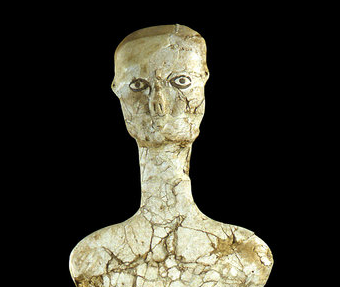This week: a look at a globalist rodent…
A few years ago I clambered into some of the remoter corners of New York City’s parks with the biologist Jason Munshi-South. I watched him study the city’s wildlife, seeking to understand how New York was sculpting evolution. Out of that experience came an article for the New York Times. Continue reading “Friday’s Elk, October 28, 2016”
